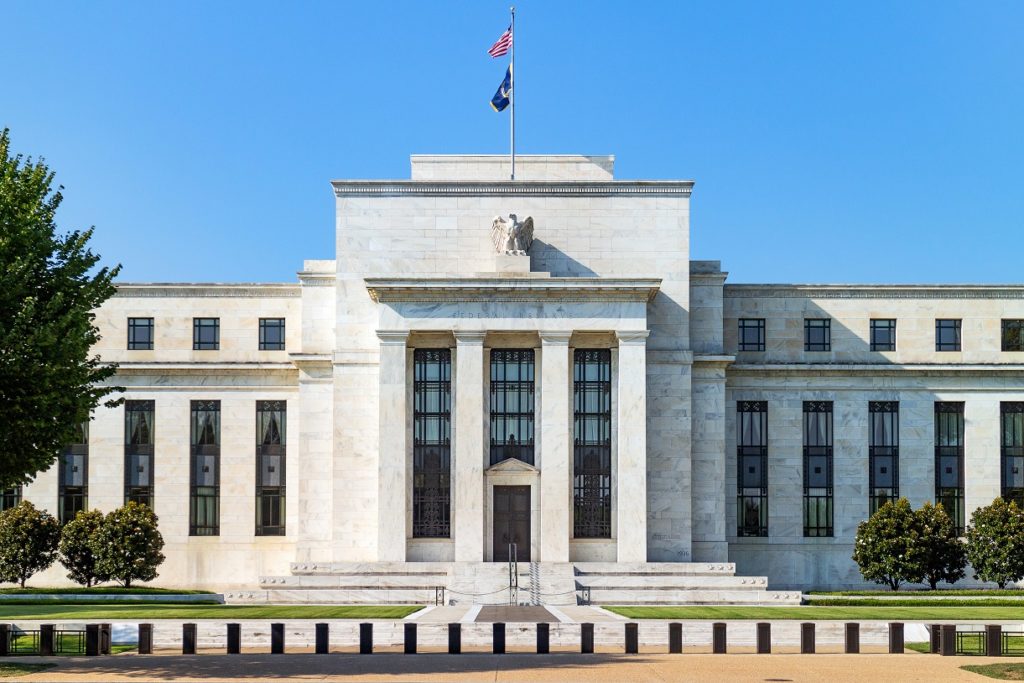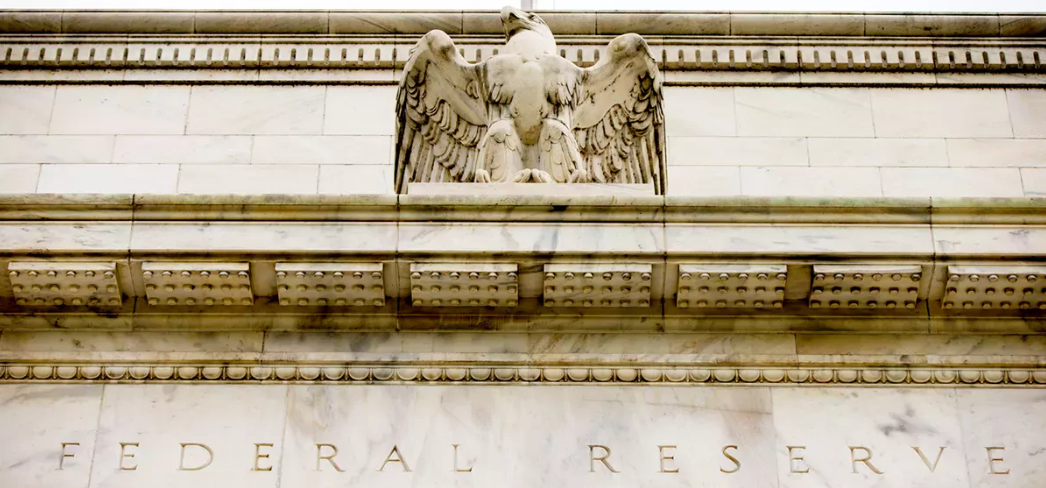
François Christen
Chief Economist
The collapse of US dollar long-term yields in November is an invitation to opportunistic "profit-taking".
Original article published in French on agefi.com

Like children, Wall Street loves a story, even a fanciful one. The latest, told by a facetious hedge fund manager, evokes the prospect of a Fed funds rate cut as early as next March. In line with this prognosis, the structure of dollar-denominated interest rates continued to sink, driving the yield on the 10-year T-Note close to 4.25%. In these circumstances, our tactical call to “buy duration” is outdated. On the contrary, the collapse in yields invites us to “take profits” on long-term bonds.
Admittedly, the downturn in yields is partly underpinned by recent economic news. Inflation as measured by the Personal Consumption Expenditure (PCE) price index slowed to 3.0% in November. Excluding energy and food, the price index showed a variation of 0.2% on the previous month and 3.5% year-on-year. The 2% target has not yet been reached, but the 2.5% annualized increase observed over the last six months is close to the Federal Reserve’s objective.
Activity indicators are mixed. Consumer confidence picked up in November, but the ISM manufacturing index, unchanged at 46.7 in November, reflects a contraction in activity, orders and employment. The bewildering increase in house prices, up 3.9% year-on-year, is a paradox, but can be explained by a concomitant decline in supply and demand triggered by rising mortgage interest rates.
Several US central bankers have spoken out ahead of the “blackout” period preceding next week’s FOMC meeting. Statements by Christopher Waller, Michelle Bowman and Jerome Powell tend to confirm that interest rates will not be raised further, provided inflation continues to fall as expected. All agree that it is too early to speculate on monetary easing, but this message has not been assimilated by investors, who are counting on a rapid and significant “pivot” next year.
Ironically, the surge in stock market indices, the fall in yields and the decline in credit risk premiums associated with corporate bonds imply a strong easing of financial conditions, in contrast to the situation prevailing at the end of October. The FOMC could therefore be less supportive next week, in an attempt to temper expectations of interest rate cuts. Among the “data” that will influence the FOMC’s stance, the employment report due on Friday could have a strong impact on dollar yields and financial markets in general. Strong figures could trigger a significant rebound in yields. On the other hand, a weaker reading could confirm investors’ expectations of a rapid fall in interest rates.
In Europe, euro-denominated bond yields are under pressure. The 10-year German Bund has fallen near 2.35 %. The sharp downturn in inflation observed in November across the eurozone (-0.5% monthly, 2.4% year-on-year; respectively -0.6% and 3.6% excluding energy and food) is fueling hopes of a fairly rapid turnaround on the part of the ECB. In Switzerland, the Confederation’s yield fell to around 0.75%, a far cry from the 1.6% level seen at the start of the year. The decline in annual inflation to 1.4% puts the SNB in a comfortable position: its mission is largely accomplished.










